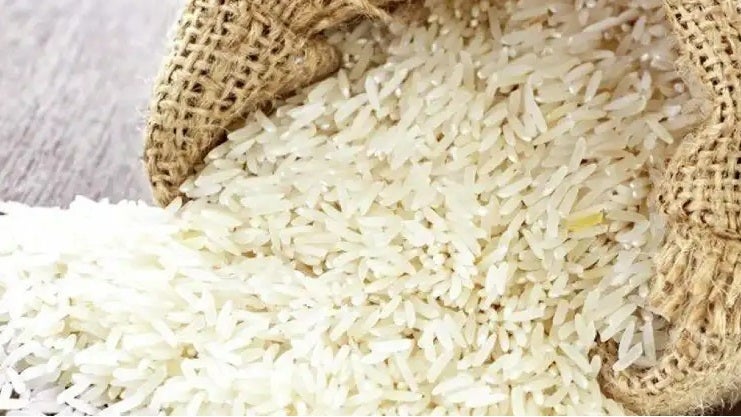Scientists have discovered a mutant rice variety that could potentially thrive on Mars. The University of Arkansas researchers identified a gene that, when tweaked, could improve the growth response of rice crops in Martian regolith. The Martian soil has fewer nutrients than Earth’s, but the researchers found that rice plants grew in the soil, albeit with smaller shoots and gangly roots. The study also showed that Martian soil hosts certain compounds that could be toxic for plants, but a mutant variety showed promising root and shoot growth, and the wild variety managed to sprout roots at lower perchlorate concentrations. The findings suggest that tinkering with the SnRK1a gene, which regulates a plant’s response to environmental pressures, could help improve growth response in Martian regolith. Developing ‘Mars-Suited’ rice varieties for space travellers is a significant step towards colonising Mars, as transporting food supplies to the red planet would be too expensive.
Mutant Rice Variety Discovered for Mars Colonisation
Scientists have discovered a mutant rice variety that could thrive on Mars. Researchers from the University of Arkansas have identified a gene that could give rice crops the ability to survive the harsh Martian environment. Planetary scientist Abhilash Ramachandran and his colleagues studied how rice crops can handle the stressors present in Martian soil by growing them in a mixture of potting soil and Martian soil simulant sourced from basalt mined from California’s Mojave desert. Although Martian dirt has fewer nutrients than Earth, rice plants grew in the soil, although with smaller shoots and gangly roots. Better growth was observed when scientists mixed Martian and regular soil and used it for rice cultivation.
However, Martian soil also hosts certain compounds that could be toxic for plants. To address this, researchers tried growing different rice plants in simulated Martian dirt with the toxicant perchlorate that’s been detected on Mars. As expected, no rice crops grew at higher perchlorate concentrations. But one mutant variety showed promising root and shoot growth, and the wild variety managed to sprout roots at lower perchlorate concentrations. Tinkering with the SnRK1a gene, which regulates a plant’s response to environmental pressures, could potentially improve growth response in Martian regolith.
The discovery of this mutant rice variety is a significant step towards colonising Mars. It would be too expensive to transport food supplies to Mars, so developing ‘Mars-Suited’ rice varieties for space travellers is crucial. The findings of this study were presented at the Lunar and Planetary Science Conference held earlier this month and can be accessed here.
Don’t miss interesting posts on Famousbio
